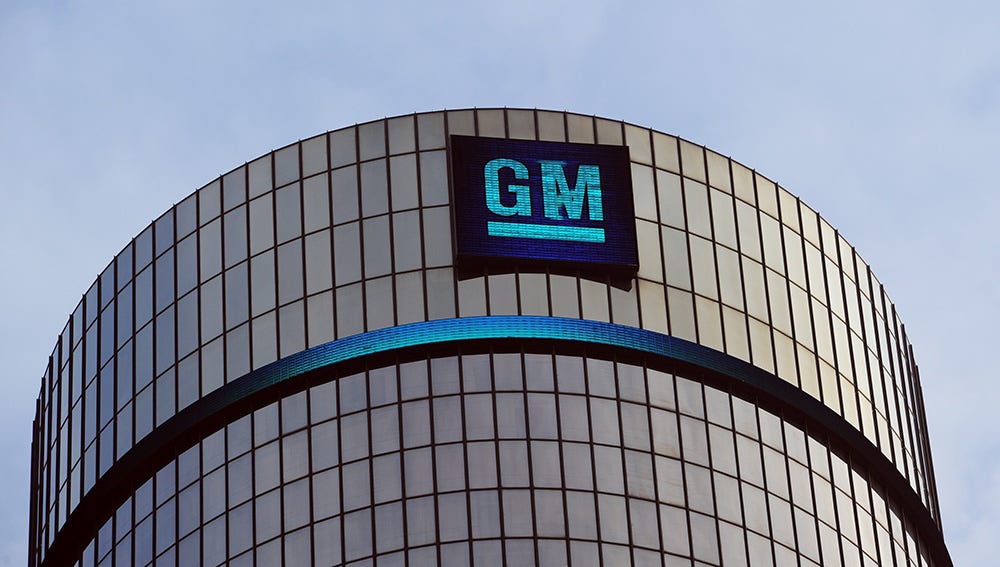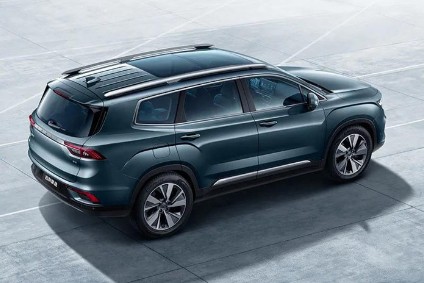Honda Honda Motor Co., Ltd. announced its consolidated financial results for the fiscal fourth quarter and the fiscal year ended March 31, 2020. Go to Source
Tag: Honda
Honda posts 13% drop in annual operating profit
FILE PHOTO: The logo of Honda is seen during the 88th International Motor Show at Palexpo in Geneva, Switzerland, March 6, 2018. REUTERS/Pierre Albouy TOKYO (Reuters) – Honda Motor Co (7267.T) on Tuesday posted an 13% decline in annual operating profit as the coronavirus pandemic started to take its toll on global car demand. Operating… Continue reading Honda posts 13% drop in annual operating profit
Honda Plans to Start Reopening U.S. and Canada Plants on May 11
Honda Motor Co. will resume operations at its vehicle and auto-parts factories in the U.S. and Canada starting on May 11, joining a caravan of other carmakers restarting North American production this month for the first time since mid-March.
Honda will restart U.S., Canadian auto production May 11
May 8 (Reuters) – Honda Motor Co said on Friday it will gradually resume production at U.S. and Canadian auto plants starting May 11. The Japanese automaker, which suspended production on March 23, is also recalling all salaried and support associates who have been on furlough. Honda will impose new safety requirements at its plants… Continue reading Honda will restart U.S., Canadian auto production May 11
General Motors made $294 million net income in first quarter, down 87%
CLOSE The logo for the General Motors Corporation (Photo: STAN HONDA, AFP/Getty Images) Hit by the coronavirus crisis, General Motors is the latest of the Detroit Three automakers to have a rough quarter. The automaker reported a net profit of just $294 million, down 86.7% from $2.1 billion for the first quarter a year ago. Its earnings before… Continue reading General Motors made $294 million net income in first quarter, down 87%
GM tells some plants it will begin restart May 18
Detroit — General Motors Co. sent out alerts Tuesday to United Auto Workers members at some factories, alerting them that it plans to begin to restart factories May 18. The alert, obtained by The Detroit News, says: “Tomorrow, we will announce externally that GM plans to begin a limited, cadenced and site-specific approach for a return to the workplace… Continue reading GM tells some plants it will begin restart May 18
Press Releases – COVID-19: Automotive sector calls for vehicle renewal incentives to kickstart economic recovery
Brussels, 5 May 2020 – COVID-19 is having a major impact on the economy, with retail and manufacturing activity crippled without precedence and concerns mounting on consumer sentiment. The European automotive sector, which has been hit particularly badly, proposes a plan comprised of 25 key actions to ensure a strong restart of the sector and… Continue reading Press Releases – COVID-19: Automotive sector calls for vehicle renewal incentives to kickstart economic recovery
Honda, PSA to gradually restart car plants in coming weeks
Tara Patel and Siddharth Philip, Bloomberg Published 11:38 a.m. ET May 4, 2020 | Updated 11:42 a.m. ET May 4, 2020 PSA Group and Honda Motor Co. will gradually restart manufacturing sites in the coming weeks as European countries begin to lift lockdown restrictions and reopen vehicle showrooms. The first wave of resumptions at PSA’s… Continue reading Honda, PSA to gradually restart car plants in coming weeks
Geely adds Haoyue SUV to remain No.1 Chinese brand – just-auto.com
Fuel filler on the passenger side is unusual for an Asian brand vehicle Geely is primed to add to recent sales gains in the Chinese market by adding the Haoyue, an SUV around the same size as the Hyundai Santa Fe, to its line-up. Exports are planned. There are both five and seven-seat layouts for… Continue reading Geely adds Haoyue SUV to remain No.1 Chinese brand – just-auto.com
New Honda Canada CEO dismisses electric vehicles as a ‘political agenda’
Newly appointed Honda Canada CEO Jean Marc Leclerc is not keen on electric vehicles. In an interview with the Windsor Star, he trots out all the typical anti-EV arguments: too expensive, not practical, money-losing, and no demand. Leclerc pays lip service to the need to reduce greenhouse gas emissions. Apparently, he’s not opposed to rising… Continue reading New Honda Canada CEO dismisses electric vehicles as a ‘political agenda’



